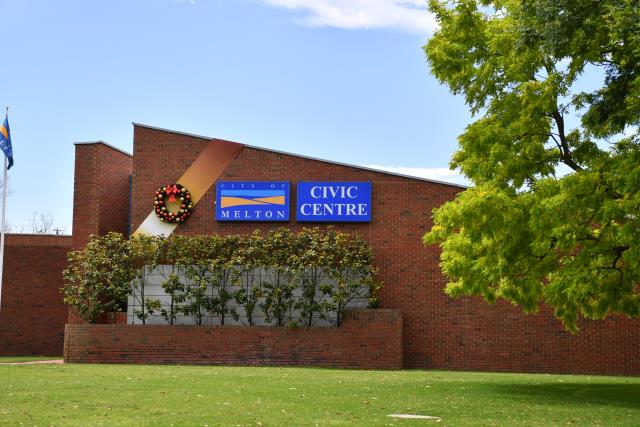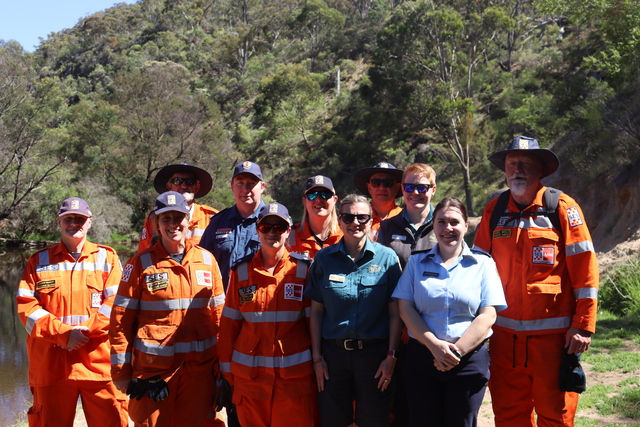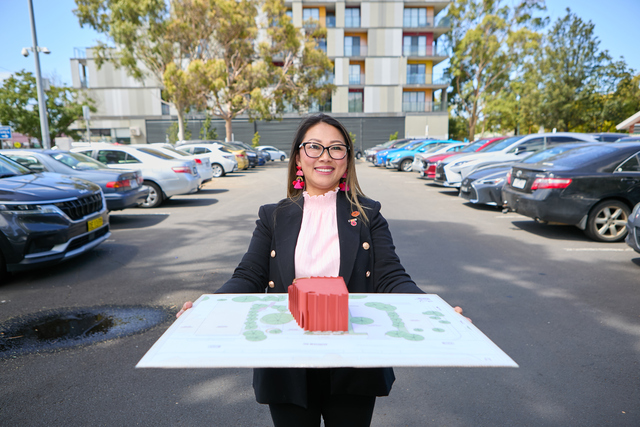Melton residents are being impacted by having to travel significant distances to work everyday.
The West of Melbourne Economic Development Alliance (WoMEDA) released its half yearly economic update on Wednesday, July 10, which showed employment in Melbourne’s west had increased by 100,000 jobs in just six years.
However, almost half the employed face a regular commute beyond the west, with 32 per cent travelling to the Melbourne CBD.
WoMEDA chair Professor Peter Dawkins said this high rate of commuting was having negative effects on people.
“While increased rates of working from home have eased some of the pain, it still impacts labour market participation and productivity,” he said.
“We argue the need to commute should be reduced through policies aimed at growing jobs inside the region”.
Melton mayor Kathy Majdlik said more jobs in Melton would mean less traffic and better work life balance for locals.
“We know that more than 70 per cent of our workforce leave the municipality every day for work, most doing so in cars, which adds to congestion,” she said.
Cr Majdlik said improving accessibility to the Melton municipality would result in better job opportunities for residents.
“Fast tracking investment in major roads and public transport will facilitate local jobs growth,” she said.
But complacency would push the already busy roads to breaking point and worsen employability considerably, Cr Majdlik said.
“A do-nothing approach will see daily commutes increase from 50,000 to 110,000 by 2051 and a jobs gap of nearly 110,000.”
“That is why local jobs, road investment and improved access to public transport is our major advocacy priority.”
A state government spokesperson said the government would continue to focus on “delivering rail improvements right across Melbourne’s west”, including the $650 million Melton line upgrade that will increase capacity by up to 50 per cent.
As it stands, less than 10 per cent of Melton residents have access to all day frequent public transport services, according to a report by The Climate Council.
Climate Council head of policy and advocacy Dr Jennifer Rayner said this lack of availability was unfair to those who need it most.
“Too many communities are being left in the lurch and unable to access services that meet their needs,” she said.







